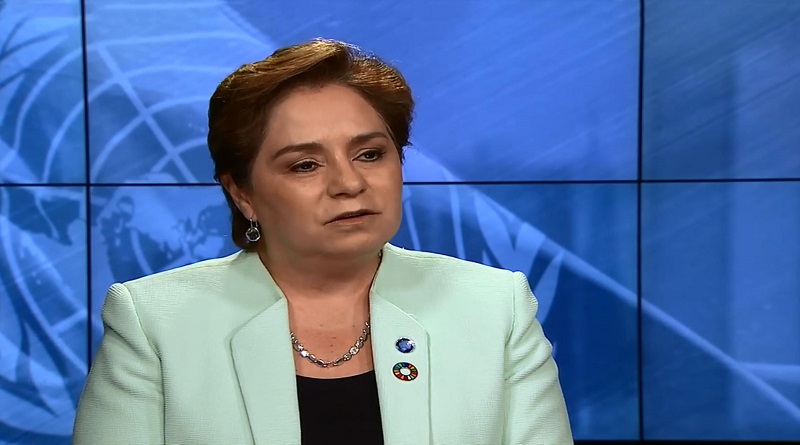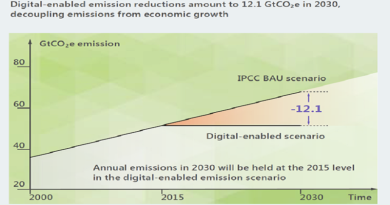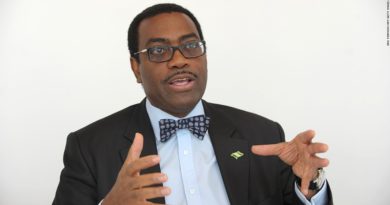If we are to protect our biodiversity, we must address climate change, says Espinosa
Biodiversity and climate change are not separate issues, and if we are to protect the first one we must address the second, UN Climate Change Executive Secretary Patricia Espinosa said this week during the United Nations High-level Political Forum on Sustainable Development (HLPF) in New York.
The event – organised by the Secretariat of the UN Biodiversity Convention (CBD) – underscored opportunities that nature provides for human development and the global economy.
Recalling that it was in Rio at the 1992 Earth Summit that the CBD was open for signature along with the UN Framework Convention on Climate Change (UNFCCC) and the Convention to Combat Desertification, Ms Espinosa said:
“1992 was an important year for our planet’s long-term health. Since then, our organizations have been intricately tied with respect to our overall direction and vision. Ours is a long-term vision of the future; one that considers the health of the planet, all forms of life, and the sustainable use of its resources.”
Conserving natural terrestrial, freshwater and marine ecosystems and restoring degraded ecosystems is essential for the overall goals of both the UNFCCC and the Convention on Biological Diversity because ecosystems play a key role in the global carbon cycle and in adapting to climate change, while also providing a wide range of ecosystem services that are essential for human well-being.
“If we are to protect our biodiversity, we must address climate change. But to address climate change, we must protect our biodiversity. It’s the same with respect to desertification. They’re not separate issues—they’re one and the same. They’re threat multipliers, and tied to some of humanity’s biggest challenges,” said Ms Espinosa.
She further discussed how the Paris Climate Change Agreement and the UN’s Sustainable Development Goals (SDGs) are dependent on the health and vitality of the Earth’s natural environment in all its diversity and complexity, and talked about how the need for long-term, sustainable solutions link the climate change and biodiversity agendas.
“There is an urgent need for a ‘Global Deal for Biodiversity’ and for a game-changer in the way humans engage with nature, in order to achieve the objective of living in harmony with nature by 2050,” said the CBD Executive Secretary, Cristiana Paşca Palmer, who hosted the event.
During the roundtable discussions, participants shed light on how political leadership, drive and inclusiveness can bend the curve on biodiversity loss, and drive new orientations towards the opportunities that nature provide to local, national and global well-being. Participants also presented solutions and innovations to tackle the identified problems related to biodiversity and talked about how concrete actions should be taken to address the problems.



